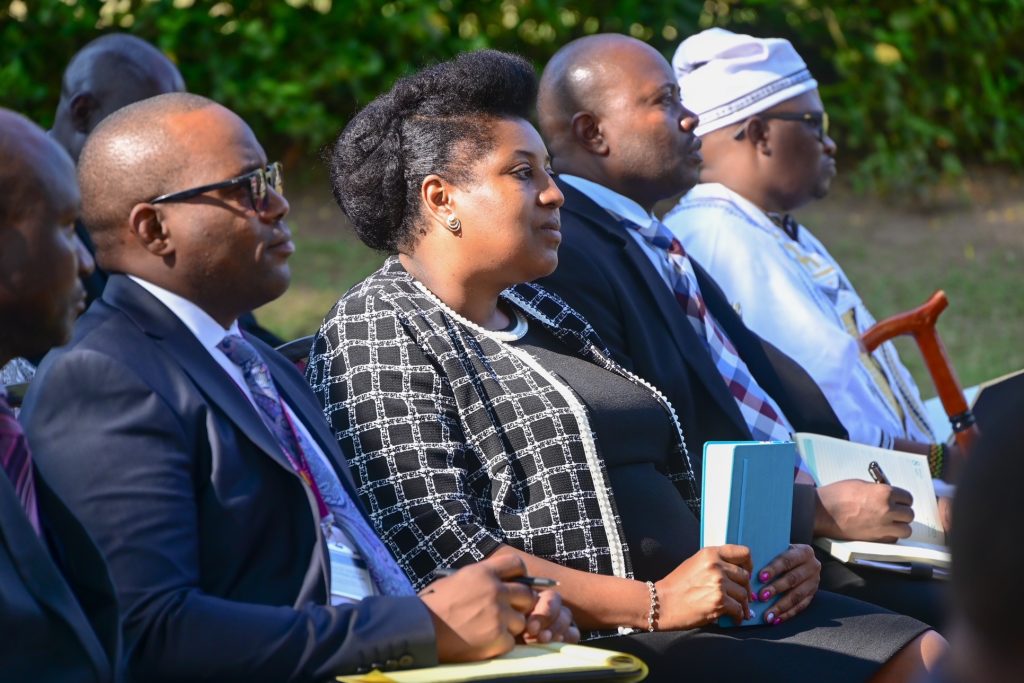In a bid to safeguard Uganda’s burgeoning media industry, the National Association of Online Broadcasters and Publishers (NAOBP) has delivered a stark warning to its members: Stick to Uganda Communications Commission (UCC) guidelines on licensing, content standards, and operations—or risk going it alone.
NAOBP Chairman Nyanzi Martin Luther, a rising star in the sector, drove home the message, underscoring that the association will offer no backing to those who flout the rules. This push aims to elevate professional standards amid a tightening regulatory landscape.
The crackdown is already in motion. NAOBP has suspended outlets like Pulse Post, Uganda Post, and Homeboyz Radio Uganda for failing to meet registration mandates, spotlighting the hurdles media houses encounter in Uganda’s complex oversight environment. It’s a clear signal of the group’s resolve to foster accountability and ethical broadcasting.
This comes as the government ramps up scrutiny on journalism. Proposals for mandatory licensing of reporters and a dedicated oversight body are gaining traction, with State Minister for ICT and National Guidance Godfrey Kabyanga championing the reforms to weed out “unqualified” players and boost reporting quality. Yet, these moves have ignited debates over press freedom. Advocacy group Collaboration on International ICT Policy for East and Southern Africa (CIPESA) slams UCC directives as curbs on expression and information access, particularly for digital publishers.
Enforcement isn’t just talk: The UCC recently hauled five broadcasters—including NTV, NBS, and BBS—over the coals for violating standards, demanding they justify why their licenses shouldn’t be yanked. Industry voices like Dr. Kin Kariisa, head of the Uganda Communications Regulatory Authority’s board, echo the call for restraint, especially with the 2026 general elections looming. The Equal Opportunities Commission (EOC) chimes in too, pressing for equitable, inclusive coverage to bolster democratic discourse.
As Uganda hurtles toward the polls, NAOBP’s stance marks a pivotal moment in reshaping the media ecosystem. For outlets, regulators, and watchdogs alike, the balancing act between compliance, creativity, and constitutional rights will define the road ahead—ensuring journalism informs without inciting, and unites rather than divides.
Do you have a story in your community or an opinion to share with us: Email us at Submit an Article









